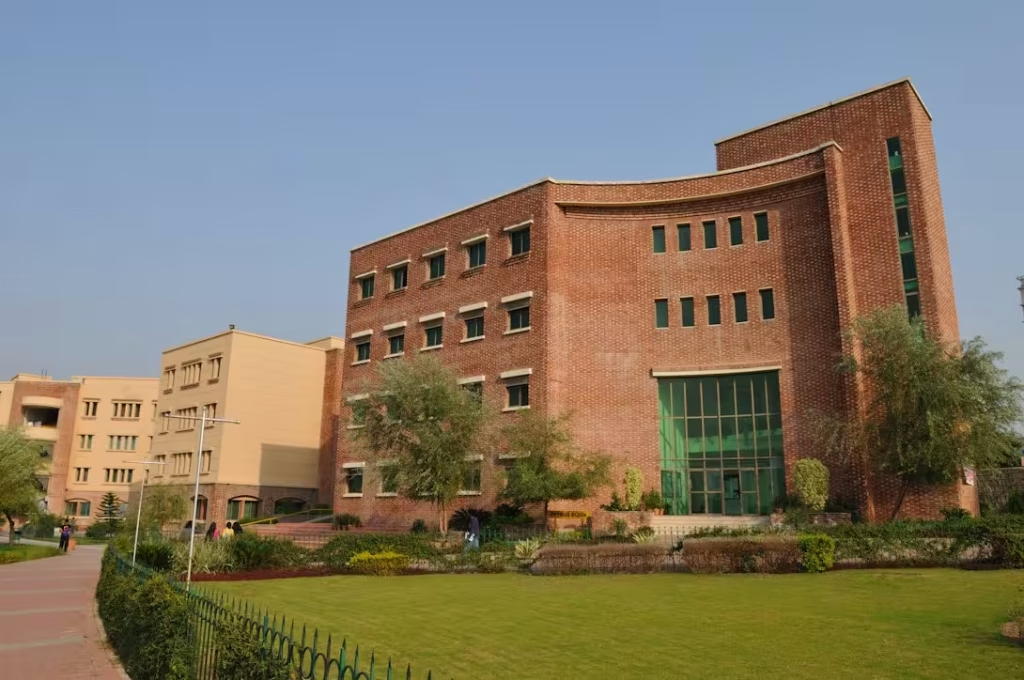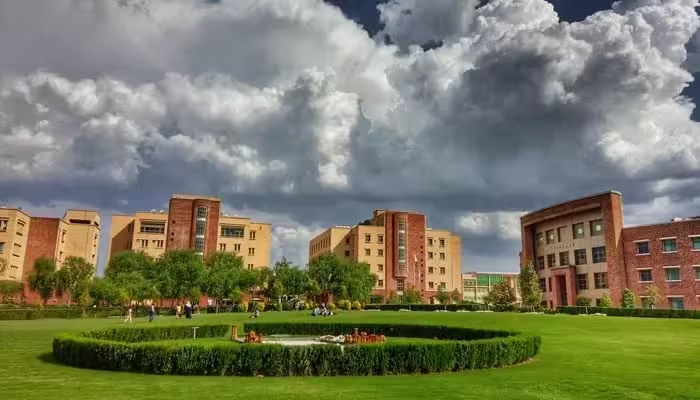Table of Contents
The integrity of the process to elect a new Rector of the COMSATS University Islamabad (CUI), which is one of the top Pakistani science and technology institutions, has been long shadowed by a cloud of controversy. A normal academic leadership transition has become a major scandal, with allegations of serious misconduct, overt procedural flouting and the possibility of political interference at the very top.
The heart of the dispute lies in the perceived bypassing of the legally mandated Search Committee, a move that senior academics and legal experts warn constitutes a direct violation of the COMSATS University Act 2018. This breach has sparked widespread outrage within academic circles and raised alarm bells about the future of the university’s autonomy, reputation, and international standing.
The Flashpoint: A Senate Meeting and a Controversial Nomination
The crisis escalated on August 20, when the Federal Minister for Science and Technology chaired a special meeting of the university’s Senate. The meeting’s agenda was to finalize a panel of three names for the position of Rector to be sent to the appointing authority.
But, as well-informed persons in the university, who spoke on the understanding that the case was confidential, asserted, the Senate then went to propose the names, without having before them the official report of the Search Committee. This is a committee of great scholars and officers that is specifically established by the law so that the choice can be made based on merit, transparency, and academic excellence.
The nomination of Dr. Raheel Qamar as the top candidate from this Senate-proposed panel is the specific action that has ignited the firestorm. Critics argue that his emergence as the frontrunner through this contested process undermines the very foundation of institutional governance.
The Legal and Procedural Quagmire
The COMSATS University Act 2018 is not ambiguous on this matter. The statute clearly outlines the steps for a Rector appointment, designed to insulate the process from external influence. The Search Committee is the foundational filter—it screens applications, shortlists candidates based on stringent criteria, and conducts interviews before presenting a final panel to the Senate. The Senate’s role is typically to review and forward this panel, not to create its own.
“It is a direct and blatant violation of the law,” asserted a senior professor of governance at a rival university, who wished to remain unidentified due to professional repercussions. “The Search Committee exists for a reason: to act as a guardian of merit. Overriding its recommendations doesn’t just break a rule; it shatters the trust in the entire system. This is a textbook case of procedural violations.”

Reports indicate that the Search Committee itself had previously advised the university administration that the position should either be re-advertised to attract a wider pool of candidates or filled from a list of previously shortlisted individuals. The Senate’s decision to ignore this advice has been interpreted by many as a wilful act of political interference.
The Fallout: Reputation, Funding, and International Isolation
The implications of this controversy extend far beyond an internal administrative dispute. COMSATS University Islamabad is not just any institution; it is a vital hub for scientific research and technological development in Pakistan, with extensive collaborations with international universities and donor organizations.
Whispers of this internal discord and the apparent lack of transparency are already circulating through global academic networks. “A university’s greatest currency is its reputation for integrity,” warned a former senior official of the Higher Education Commission (HEC). “If this leadership crisis escalates without a swift and transparent resolution, the consequences could be severe. We are potentially looking at funding cuts from international donors, a breakdown of critical research collaborations, and academic isolation. Why would a top-tier international professor or researcher partner with an institution whose leadership is selected under a cloud?”
The allegations also strike a demoralizing blow to the faculty and student body within CUI. “We are watching the principles this university was built upon being compromised,” shared a concerned PhD student. “It makes you question the value of your degree and the environment you are learning in.”
A Wall of Silence
There have been numerous efforts to request an official side of the story but the management of COMSATS University Islamabad has continued to remain silent. Inquiries about the jurisdiction of the Senate, about the lack of report of the Search Committee, about the particular charges of misconduct, have remained unanswered.
It is this official silence, which has contributed to the ultimate speculation, as well as the crisis. The scholarly community in Pakistan as well as outside Pakistan is now observing. It is up to the Senate of the university and the federal government to either redress this perceived violation of the process or endure the reputational harm that will inevitably accrue as a result of a failure of institutional governance.
The Rector appointment process at COMSATS University Islamabad has become a litmus test for academic autonomy in Pakistan. The outcome will signal whether the nation’s premier institutions are governed by law and merit or by influence and power.



